Art by Avogado6
These are some strange times. There is something in the air and it is a beast working against creatives, or creative thinking. Doubt, whether linked with “impostor syndrome”, or having to do with starting one’s own project, practicing, improving our skills because we need to, or pursuing a new direction in our own work, it has darkened many individuals leaving them in total doubt or fear of trying something new, different, or necessary. This wave of doubt is causing Creative Paralysis!
More and more of my students are infected with it. Friends, family, colleagues are also dealing with it in some for or another, casting doubt over them about whether they are any good, should be doing what they are doing, feel they don’t have what it takes, too old, etc. It appears as though many levels of doubt and trepidation have taken over.
This seems like a wonderful moment to break out Steven Pressfield’s The War of Art, and mull over everything we are doing to ourselves fighting against the tide of creativity. It is a book written for our times, and for so many potential creatives, filled with all the reasons we have doubt about our abilities, and all the creative pitfalls and obstacles that we will run into along the way, and how to overcome them.
As an art educator and mentor to many budding professionals, I have heard every excuse for why something couldn’t get done, wasn’t finished, never started, gave up before it tried, not good enough, etc. Here is a list of the most memorable from this past year:
-Everyone else is so much better
-I’m too slow with my computer and can’t keep up with all the changing tech
-It’s already been done before
-I am too old
-I am not experienced enough
-I don’t have all the skills
-I’m not fast enough
-I’m always busy with something
-I have a certain way of doing things
-I DON’T HAVE ENOUGH TIME
Age, speed, knowledge, and time are the underlying themes in this list. These themes are nothing new, yet the internet and social media can help illustrate just how universal these issues really are, Let’s poke a few holes in these 4 themes and reduce them to the excuses that they really are.
Age
Age is irrelevant. I have students of all ages, many of the older ones returning to skill build and level up developing their skills for the next big shift in their work, something we will all have to do if you’re planning a life long career in the arts. I have an occasional issue with someone thinking too much about being too young to start but its not as frequent as the getting older direction. In either case it is less about an age than we think, and more about something else much deeper and more impacting to the individual.
We develop about 100 million brain cells, and no more after a certain age. I have read that when we “lose” brain cells, we have the ability to regenerate them, which is not generating any more, but simply firing them back up again. Learning helps regenerate these cells, and keeps the brain active, one of the more important muscles to exercise throughout our lifetime if we want to increase the chances of a “longer” life, and reducing the chances of any funky brain problems, Alzheimer’s, etc. when we are in our wise years of life.
Learning has so many layers of meaning to it complicated to some, easy for others, and there are many that feel like learning is going backward. It has also been said that we only have so many years that we can truly learn, and after that age it is impossible to learn anything new. What is that stuff called that comes out of the back of a steer? Yeah, that stuff is how I feel about it. The oldest student I have had the pleasure of teaching was in her 80’s when she started, and in her 80’s when she had her first solo show, she got good quick because she focused on what she needed to, did more than enough work at home, and while she was frustrated, she never let it get her down. She didn’t think twice about her age but was considerate because she felt that at her age, the kids should get priority to the lessons. That was the only time she regarded her age but otherwise was as driven as anyone else in the class was. She was just happy to finally have the chance to really learn what she wanted with her own art. She has been quite an inspiration to me.
This is how every skater feels about the sport. It never ends…
Speed
Speed is a more contemporary concern, fueled by the art forums on the internet. On these forums there are the Speed Paint threads that have created a weird notion that “Speed is Relevant and More Important than quality or skill”, fueled by additional banter of “art directors want things done “On Time””, and that “deadlines are the most important thing to meet as an artist”. This confluence of crossed up information and the blurry boundaries in which it is presented has led to the belief that fast is better than skilled, which in my opinion is just an excuse to avoid the time we need to put in to develop the skills through the homework, project work, and the all necessary repetitive and lengthy daily practice that would really help in the long run.
Just as an FYI, speed paint threads were started by concept and storyboard artists who in this industry are the few artists totally time dependent because of the intense work load in the previz stages that basically feeds the rest of the team with all the work they will end up doing. The pressures of being a previz artist are intense, and any skill that can be quickly assimilated into the intuitive headspace is one less stress that could cause stage fright, or work paralysis. The speed threads were a way to share tricks and tips on techniques for quick, convincing images.
The original intention of the threads was lost when the founding members abandoned them after the huge influx of new and young artists flooded the pages with art of every skill level, or they got their dream job and it took over their lives and they never looked back once they made it. Now those threads are mostly misunderstood, and many of the paintings that are shown on those threads also end up in portfolios because these kids do not know any better.
Speed is good, speed happens over time, practice and growing used to a work flow. It is something that just happens with time, practice, confidence and knowledge. It should not be forced, it can’t be rushed, and it honestly doesn’t matter in most artistic instances. Faster does not equal better, building a portfolio using speed paintings is not advised, selling yourself as fast is not necessarily a good thing, and its not really a positive selling point.
Fantastic Illustration by Omar Rayyan
Knowledge
We can often use the excuse of “I don’t know enough”, or we lack the knowledge that it’ll take to do what we want. To some extent this is true, without a healthy dose of know-how there are greater chances of failed attempts, misfires, or problem areas that are extremely difficult to find an answer for. But, I really don’t know any artist who knew enough going into it. Schools do not totally equip us for the first day on the job, nor do they have the most current data to perfectly prepare a student for their first illustration. Our first steps in as a professional are trial by fire regardless of the quality or amount of preparation beforehand. It takes experience to shake off the nerves and move on to bigger and better ideas.
I don’t need to preach all the benefits of learning, I think it is quite clear what is gained from it, but sometimes we can forget, or possibly attribute it to adolescent behavior, a thing kids do, etc. reducing its importance and our chances of actively engaging with it as time moves on. The internet is an awesome tool for learning, and there are many clever learning systems that are set up to help speed up the information side of learning buying us more time on the practical side of it. Take advantage of these tools, workshops, lessons, exercises, and everything else you can do in a day. Learn beyond your craft, you would really be surprised how much everything helps everything else when see how they are all very much alike. Stay curious and the world will gift you many wonderful experiences, adventures, and surprises.
Painting by Thomas Wyck
Time
I strongly dislike the concept of time. It gets in the way of everything. I wish I could remove it from the system once and for all, and, well, we know the answer to this impossibility. I want to believe I can get across town in just a few minutes, quickly read a section in a book to help me with a technical issue that without practice will work perfectly for me just before I start the project I am going to use it in, or finish a painting in just a few hours or less. And there is also the time that is spent using up time intent on doing other things besides what we should be doing.
When we break down our daily routine we might be surprised at how we spend it, and how much more we can afford to take back for ourselves. It might feel like everything we do is important, however, if we are honest with ourselves, it is more likely that we are a bit selfish with our time and the we are using it more often for escaping the moment rather than engaging and participating in it. Cell phones, internet, shopping, that unexpected moment of cleaning the studio, the half-finished video game, friends, lovers, chatting, texting, and before you know it, the day is over; all these disposable choices vs. what we could and should possibly be doing.
Once you rearrange your schedule and allow more time for personal growth, make sure to use that time working on deliberate and intentional exercises. Practice through routine rather than just by the ill-informed approach you read everyone doing. Drawing another picture just to draw it does nobody any good. But breaking down the bad habits you are familiar with in your own work routine and fixing them with alternate solutions is most beneficial to any and every job you do, this is called foundation. Find the holes in the foundation and patch, that is the most effective way to learn on that off time and a huge internal encouragement and confidence builder.
Painting by J C Leyendecker
The Perfect World Answer
Regardless of your age, use your time well, slow down, and learn as much and as often as you can within reason. Art is a craft and requires constant tuning and revisiting of its foundation, this should be appreciated as a part of the craft and not an additional something we must do in our day. We’ll appreciate what we have and how we do it for ourselves, in turn others will appreciate it as well.
Painting by Venosa
Reality
Wouldn’t it be nice if all you had to do was read that last paragraph and everything was resolved? I do too, but sadly we know that this is not at all true. I can identify and generalize the situation, and you “can” choose to zero in on the problems and address them, or not. What I have been describing is only the surface, the heavy veil we use to protect ourselves from the real truths will take digging deeper to discover, unravel, and face. There are deeper layers that need identifying, the real road blocks that get in the way of our moving forward where we would like to go. For each of us, this is personal and unique to our own lives, influenced and developed by the surrounding environment from our youth to our current living situation.
This extraction process from own psyche can be overwhelming and for some it might require assistance which is perfectly fine. If the creative journey is for you, then exorcising out any of the demons that are preventing any further progress from that artistic dream is an all necessary next step. I don’t want this to sound like I am passing the buck and blowing off an answer for how to fix this, but this is such a personal examination that there is no one correct answer for us all. My suggestion is to begin mining the memories and sifting for the bad blocks of data and redirect the flow of information for positive output.
For me, this extraction process was not quick nor was it easy. I had been contemplating for more than “#” years doing my own project and backing away from freelance to focus on it. I have been an art jockey for too many years of my life to break the cycle for myself, and anyway, who am I to start something new no one has ever heard of? I want to do a project that has all sorts of messages in it for helping people, entertaining them, and educating them all at once, but again, who am I to do this for anyone? How can I justify this project without having already been a super-duper-uber(not Lyft) celebrity artist loved and adorned by one and all? Have words like these resonated in your head after you had a great idea of something you would like to do? Like I said, this haunted me for #years and it was really eating me up just talking about it rather than just doing it once and for all.
Painting by Zdzislaw Beksinski
When I was young, I was in to art, music, and sports, but for personal reasons although I did know when I was young that I would be doing art of some sort. I didn’t take many of the sports I did, or the music I played as far as I would have liked to take them. And when I was a sponsored athlete, I had no competitive drive to be the best, or to dominate over anyone else as competitors do. What I found for myself was that I lacked confidence in what I term “success” for fear of becoming something like the Ego driven professional athletes and musicians I grew up with who I just couldn’t get into all that much thinking too much about how much they only focused on themselves. At the time I did not know what this meant but I felt like it was a personal jab at me for some strange reason. I also didn’t have a lot of support from my family since they were always working. I had to generate the enthusiasm for myself which I could easily do, but it was hard to keep up that kind of momentum with the lack of support from my environment, especially when it pushed and pulled me away from those things I wanted to do with constant travel to another baby sitter or having to stay home until my parents returned from work late into the night. I am also very shy, and not the most engaging in a social situation, also a result of many years of my life with the baby sitter or sitting home alone.
With all the isolation I grew up with I developed a strange introverted pattern which affected everything I did, and still does unless I catch it and cage it in time before it prevents me from “doing” whatever it is that will always be more fun than me sitting and thinking about what I could’ve been doing instead. Recognizing my own problems and objectively labeling them, that they were environmentally developed, but self-perpetuated, helped me to realize what I am doing to myself, and that blame of any kind is something that I cannot use as an excuse, and anyway, who would I pin it on?
Illustration by Maurice Sendak
The other part of me that can stand in the way preventing me from doing my own work is the part that will do selflessly do things for others, a huge reason I chose to freelance. But, even knowing that I have set a lock on my door to prevent freelance from often entering, I still leave the lock undone, and the “Come on in!” sign hanging on the door. As much as I think I can say no, a part of me reflexively begins down that yes path every time.
There is also this nasty bug in me that loves to problem solve, and I end up working on many other people’s Start-ups with them because it sounds fun. Helping others is a huge part of my life and has been a big reason I have always had a hard time leaving a company when I know it is long beyond the time I should have. Too many times I have listened to that stupid-nagging-bothersome-but-useful-and-beneficial-for-others-habit of helping, without considering how I would benefit from helping them beforehand. I was somehow taught that helping others was what we do in life, and that helping ourselves isn’t really something we consider. And I have put myself in many not so favorable situations because of it.
Once I discovered these truths about myself, which if you have ever done any reflection there is much denial and disbelief before coming to terms with it, I then had to find a way to bend these hardened life rules and loosen the restraints that they had on me. I wasn’t already! was my answer every time I was faced with the question of “when are you going to do your project?”
I am now working on that project, as much as I still have daily guilt about it, I also have a daily cycle of getting out the hammer from the Id drawer and smashing the Ego, with the Super Ego on standby to help sweep the shards into the burner that fuels my day. It is a strange start up cycle that I had to develop by looking deeper, accepting what I found, and dealing with it directly or fear never breaking the cycle, and one I have to occasionally trick back into action.
What do I do to quiet this voice, this chatter, this daily noise in my head, to keep me from moving forward? As a trick, I sit down and do exactly what I should be doing, my work. I know that sounds like, “wait, that’s not an answer”, but it is. To beat the habit I had to contradict my doubt by forgetting I have any. If I don’t just sit down and start, I won’t just sit down and start, and lots of other things will top the list of importance for the day, including cleaning my studio, which is oh so necessary but, knowing me, if I have a clean studio, I am avoiding something, organizing the book shelves (different from cleaning, if you know our library) or start another project that has no business being started with the other 50 half-baked and going nowhere.
Engaging in the project over time, repeatedly, has instilled new habits in me. It really did take 21 days to develop a “#MeTime” habit, and I couldn’t be happier. Habits form with routine, something that I forced myself to do every day, with heavy loads of resistance in tow. But let the scars show, I have fought it, battled, lost color in my hair over it, and now, I have found a balance in my work flow where a healthy part of it is dedicated to that all-important Me Time.
Each day I get something accomplished big or small and I cannot complain, insignificant as the small things might seem at first, they count too. When taking on a massive project, there are so many working parts that just accomplishing one small task, like better labeling and filing is adding up to more confidence over time, and more love, care, time spent, and familiarity with my own project. And like raising a family, there is a need for interaction, assistance, care, and support with that project on a daily basis, missing one day now feels like letting the family down.
Every day is a new challenge and on many occasions it feels like I have to reset the confidence clock. But what I now have to help me is a stack of sketches, finishes, plans, blueprints, scripts and rewrites, artifacts that remind me that this journey is real and that I am no longer at the starting block, but well under way. This gives me enough confidence to add to the collection of growing data, and the project is now taking shape as a result. I cannot wait to share this long overdue project, but in the meantime I will keep battling with it to give it a life of its own and send it on its way to entertain anyone willing to receive it. When this one is finished, I have a closet full of other projects I cannot wait to sink into and develop for all of you. And I am sure with each new project I will be met by the wall of doubt, a few shots of resistance, and a heavy dose of why me?! And it’ll all cycle through once again.
Beautiful Painting by Vanessa Lemen
What if…
Lastly, I want to add something interesting that I have been noticing with a growing trend. This is a generalization, but many of these findings will no doubt be included in the list of probable causes for this new wave of Impostor Syndrome in the art community that I mentioned in the beginning that seems to be a growing problem these last couple of years. Here is my working what if scenario:
The influence of the internet is still relatively new. If you think about it there are only several generations who are really internet savvy and not everyone has daily access to it all the time. But those kids who are privileged enough to have grown up with it, stayed home and worked on their computers every day with an internet connection, and did art with the tools their parents purchased for them, the following would be in part what they were exposed to.
Deviant Art and other similar art forums are a significant hub for young artists, many now seasoned veterans who grew up doing art with a Huge Fan base because of how good they were at copying other things, mostly anime or manga related, long before they ever became professional artists. Never had this been heard of before, and all because of the internet. Anything we create could now be seen by millions at the push of a button. Internet stars were born before ever doing anything of notable recognition in any industry, a product of fan-based art. I’m pretty sure that the comic book industry had a similar phenomenon to Deviant Art’s long before the internet and DA, where fans were a majority of the artists hired to do the next generation of comics, many were hired before they graduated from high school and were flown all over the country to do signings at the growing comic convention circuit.
Beautiful Mixed Media drawing by Kent Williams
There was also CA.ORG, a site that promoted all art forms but championed concept art and pushed artists as contemporary super stars for their craft, talent and skill. This was a spinoff from Sijun.com, one of the first concept art forums on the internet where we all started gathering, art communities forming in virtual space in ways never before seen in the history of art. Conceptart.org had platforms for every type of art, from photography to fine art, with its base deeply rooted in the growing industry of concept art. There we “all” blended together within a Universal hub where artists could share, critique, and talk art shop all day and night, a first time for any of us. A spin off of this were the live workshops and internet gatherings where secrets of the industry were demonstrated over a period of 3-5 days. Sleep was scarce, art was huge, and egos were flying.
These sites and many others were the place to be if you wanted to do art of any kind, and they built art up to be a magical thing to do. This constant interaction and exposure to all artists, professionals, specialists, and everyone else, made tangible “celebrities” of the creators and artisans where prior, the only interaction between fans and artist would be at the Comic Book, Sci-Fi, or book conventions around the country, once a year, if that at all.
As good as the environment was, it also created confusion and chaos for many with all the crossing over and convergence of art industries. The comments, tutorials, and critiques started confusing many artists with overlapping Do’s and Don’ts from completely different industries and no lines drawn for which rules go where. It drew in artists with strong opinions about learning from schools, internet mis-information, and how being self-taught is cooler than cool, and all the misinformed lessons from the “learn from me, although I too am “self-taught” crowd”.
Newer generations of kids who grew up exposed to all of this, who started an account on Deviant-Art, Conceptart.org, and CGHUB, posted work, got praise, work, fame, glory, and all before graduating High School were molded from these sites, their attitudes, and their posturing. They took in all the hype about how self-taught is cool, learning in school is for kooks, and watch these Youtube and Gumroad videos to bypass the system. If those kids did not go to art school once they got popular then their skill set is rooted in their last learning sphere, their attitude and habits fueled by their fans, none of which is at all professional.
Animation Still from One Punch Man
Kids are easily influenced, and if given a lot of praise daily, for years on end can lead to some interesting and confused ideas about how life should be when they get older. Many of those kids are now entering their middle adult life and some are cracking under stress of “Impostor syndrome”. The cart before the horse here is that they grew popular before they ever really trained or develop a solid foundation. Everything they have ever done has been a derivative of the one thing they became popular for. Changing, growing, or advancing is difficult if a foundation isn’t there. And ultimately that style they became popular for declines in popularity and disappears into the big tide of trends and styles that have ever been.
Too many of these kids drew something that became catchy, there is little understanding of depth and breadth of subject matter, quite often there is no story. The art is “clever”, contemporary, and because it is also done with digital tools that are easier to get around than using than traditional media, easily confused for true skill. They got caught up in a fad of fan fare. The farther from learning they get, the harder it is to jump back in and start again, especially after the taste of success. It seems impossible to believe that there should be more to learn!?! TBC
Illustration By Roxanne Daner


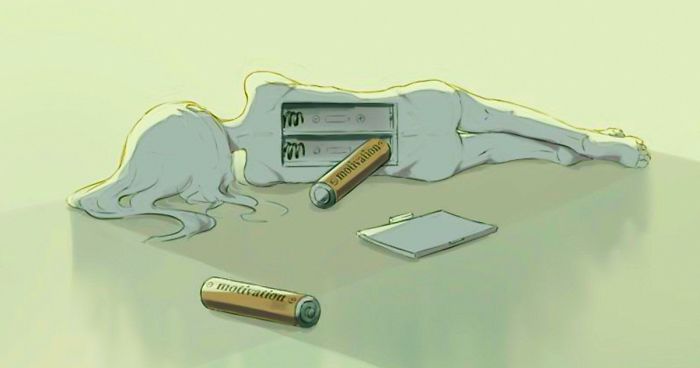

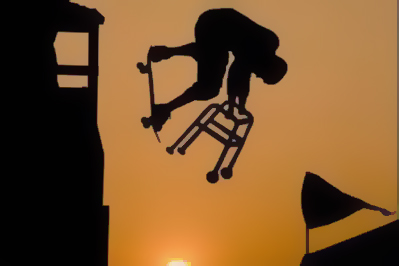
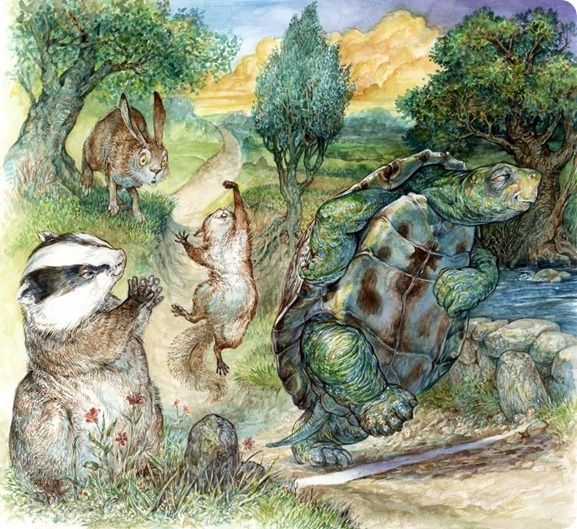
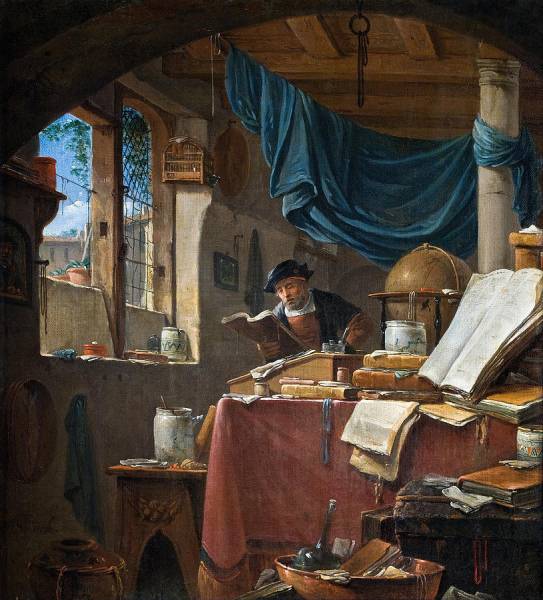
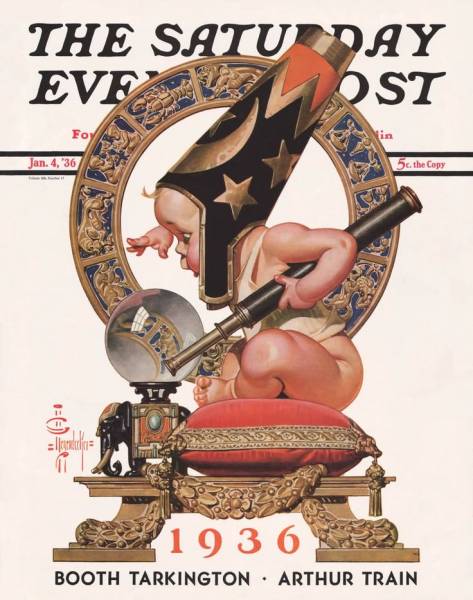
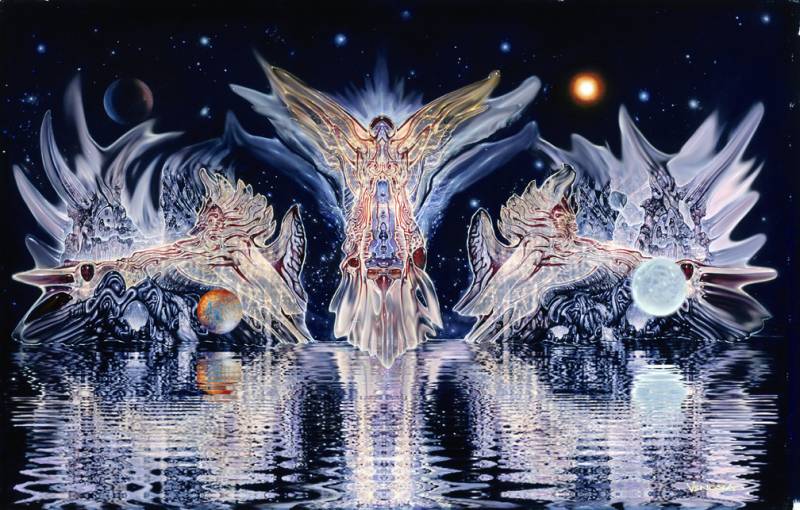

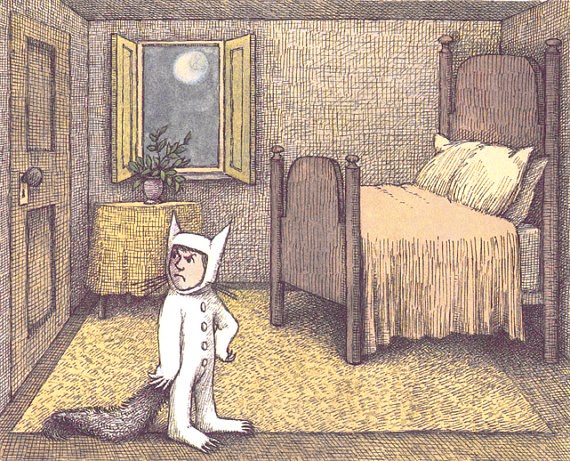


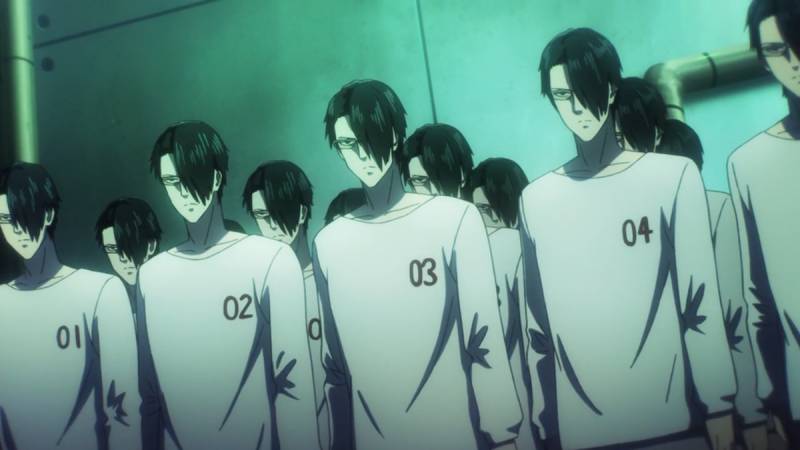
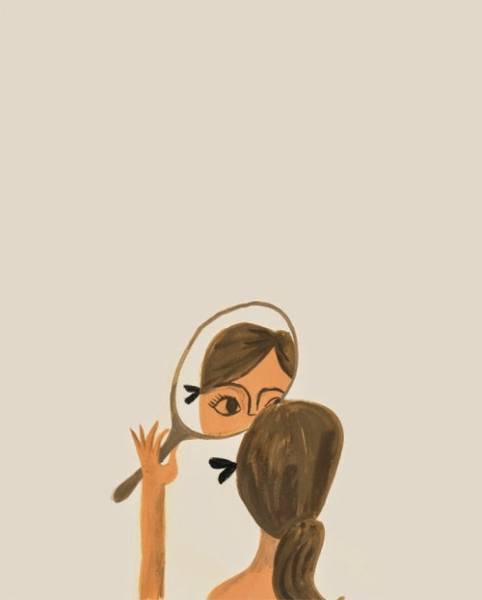

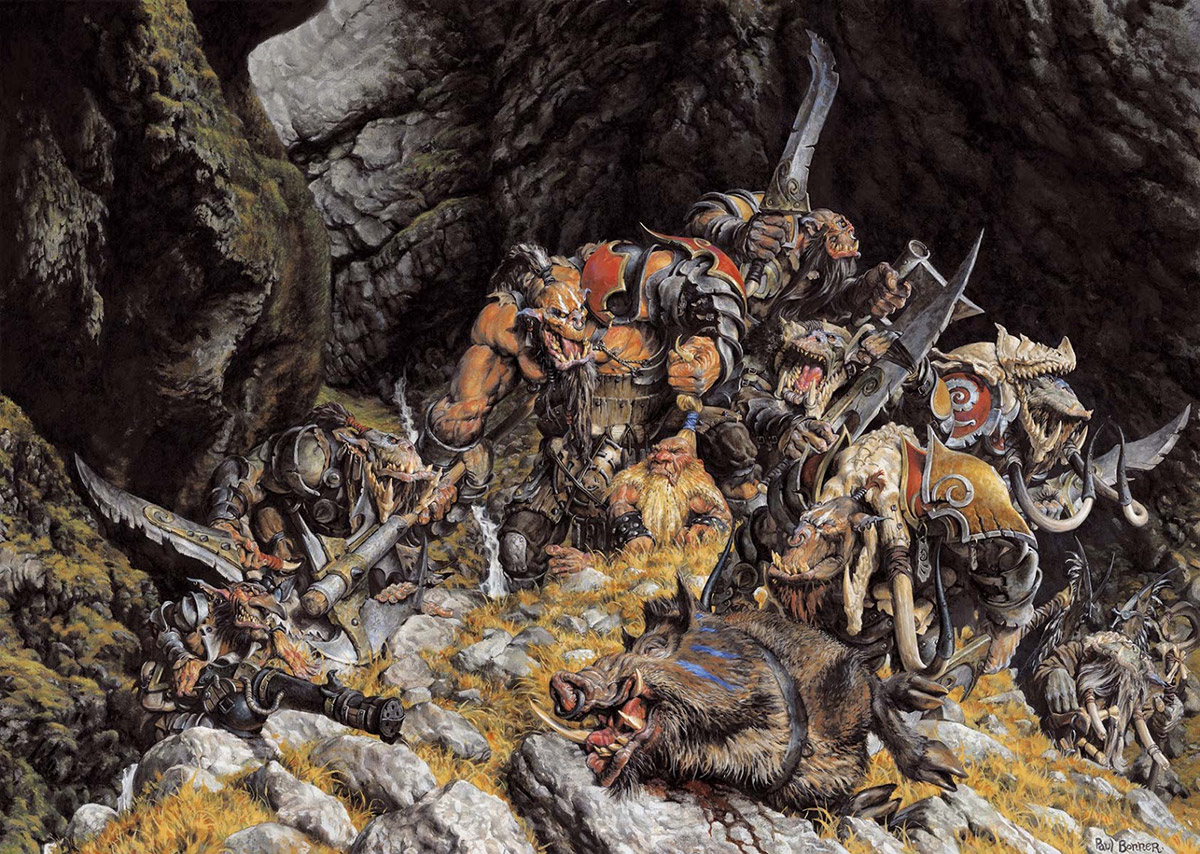
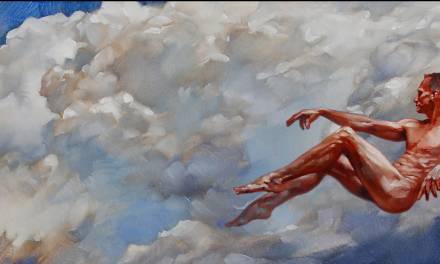
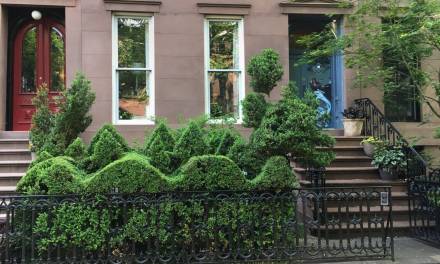
It is possible to have true learning being in the self taught crowd. Brad rigney, Dave rapoza , etc. there are plenty of artists like me who have worked steadily hard by ourselves over the years without that taste of fame you mentioned studying the fundamentals, Andrew loom is books, Burne Hogarth, perspective, gumroads etc and have built long sketchbooks on concept art.org showing our progress and getting help from our peers. I’m a former foster kid so knew from day one I wouldn’t be able to ever possibly go to Art School. But hearing how others have done it on their own before me inspired me to work harder on my own. So not everybody in the self taught crowd is the way you believe, and some like me have been doing this seriously since around 12 years old., drawing at least 8 hours a day and studying the right things. I agree with the rest of your article though.
The internet and social media has definitely had a massive effect on our AWARENESS of the many challenges of being an artist. This is good and bad. It’s made us more aware of an age old mental challenge that is unavoidable to the working artist– Am I good enough? We know now because of the web that this is normal and to be expected. But here’s the bad, the web cannot solve each individual’s struggle with imposter syndrome. That path still must be explored alone. And people don’t want to hear that. You learned to recognize certain patterns about your own behavior over time. And have developed your own custom ways of breaking the cycle. Plus, I think the internet has spawned Perfectionist syndrome. If I don’t do it “perfectly” it’s not worth doing at all. This is very bad. Mistakes will and must occur for confidence to grow. Trial and error. There is no other way.
One of the reason why I simply left forums, is what you stated here. I am simply trying to understand now, why I started this whole learning journey. Because I am rather confused why I am even drawing.
Which is going to require some self-reflection as you said here. I also read your other article about The Struggle of Improving our skills, which I am slowly starting to incorporate into the learning process, is also one of the mindset/techniques which I don’t see been shared to those in the learning stage. (Possibly they teach this at a workshop or school), but some of us simply don’t have the luxury/access to school (funding)
Phuck, jesus gawd damn crist, Age is irrelevant. …..I found a nice gentleman in his 70’s named Robert “W”, Frankly emotional blackmail wears me out.
If you’re in a chronic angry gas lighting invalidating environment it wears on you. You’re not getting answers only contradictions. Some times a student asks questions because there something not right, not because they don’t know. http://www.liheliso.com/buzz/archive/00000482.htm
My father was bipolar and now my mother has dementia. Frankly, I think anger makes you loose your mind and motivation. https://news.stanford.edu/news/2005/november16/med-bipolar-111605.html
Brilliantly said. I don’t think humans will even begin to grasp the true impact of the dawning of the internet age. What you said applies to so many aspects of our lives. I’ve been a computer programmer since I was 13 years old. Lucky enough to take my first programming class in 1983. I began my journey to the computer and programming world before this new age of information had descended upon us. I’ve seen the same thing happen to too many young programmers. They did cool things back in high school, self-taught, created some nifty programs that ‘wowed’ all their friends. Then they move onto college. And break. No one taught them how to learn. And this failing of our culture applies to nearly every aspect in the lives of the generations of Millennials and younger. Many of those adults (and kids) grew up with their parents glued to the TV, computer, or (eventually) their phone. Parenting lost its priority. Additionally, it was a pretty lonely upbringing for many of them. And several never even learned basic life skills due to the lack of interaction from their parents.
Very much enjoyed your article.
Thanks,
Cindy